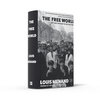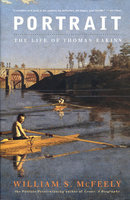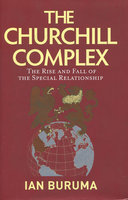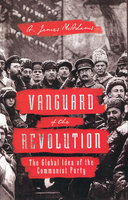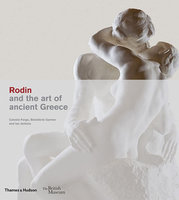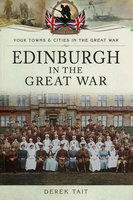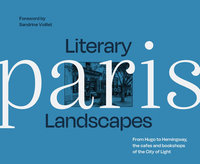New, Quality Gift Books - 50-90% off - over 2500 titles
Your basket is empty.
Categories Last Chance to buy! FREE WORLD: Art and Thought In The Cold War
FREE WORLD: Art and Thought In The Cold War
Book number: 93157
Product format: Hardback
In stock
Bibliophile price
£5.00
Published price
£30
Customers who bought this product also bought
|
PORTRAIT: The Life of Thomas Eakins
Book number: 93411
Product format: Paperback
Bibliophile price
£4.00
Published price
$15.95
|
CHURCHILL COMPLEX
Book number: 92988
Product format: Hardback
Bibliophile price
£4.00
Published price
£18.99
|
VANGUARD OF THE REVOLUTION
Book number: 93506
Product format: Hardback
Bibliophile price
£8.00
Published price
£30
|
|
RODIN AND THE ART OF ANCIENT GREECE
Book number: 92358
Product format: Hardback
Bibliophile price
£12.50
Published price
£35
|
EDINBURGH IN THE GREAT WAR
Book number: 93221
Product format: Paperback
Bibliophile price
£3.00
Published price
£12.99
|
LITERARY LANDSCAPES PARIS
Book number: 95204
Product format: Hardback
Bibliophile price
£8.50
Published price
£20
|
Browse these categories as well: Last Chance to buy!, Religion & Philosophy, Modern History/Current Affairs, SALE C427

